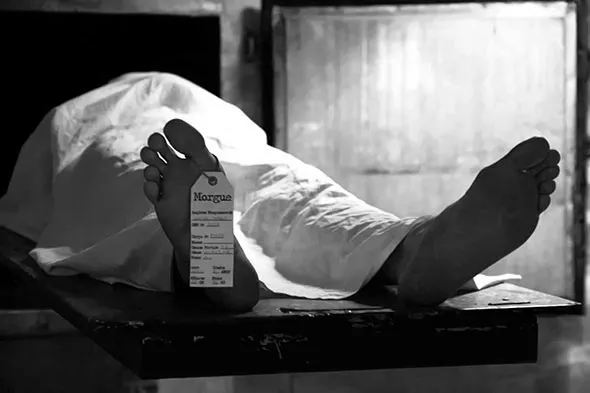It is a tragedy that religion, a source of hope, love, and unity for many people, can sometimes be exploited and twisted by those in positions of power. Such was the case in Kenya, where a pastor named Paul ordered his congregants to fast for 30 days, resulting in the deaths of 47 people.
Paul Mackenzie Nthenge, the founder of the church, also known as the “cult leader”, though in police custody, has denied any wrongdoing.
Paul announced that he had received a divine revelation that his congregation needed to undertake a 30-day fast to cleanse themselves of sin and prepare for the second coming of Christ. He warned his followers that the fast would be difficult, but promised that those who completed it would receive blessings beyond measure.
Many of Paul`s congregants were eager to undertake the fast, believing that it would bring them closer to God and improve their lives. However, as the days wore on, it became clear that the fast was taking a toll on their bodies. They became weak, dizzy, and disoriented, and some even collapsed.
Despite the warning signs, Paul refused to allow his followers to break their fast. He believed that their suffering was a sign of their devotion to God, and that they needed to endure it in order to receive the promised blessings.
Tragically, Paul`s refusal to allow his congregants to break their fast resulted in the deaths of 47 people. They died from complications related to malnutrition and dehydration, their bodies weakened by the prolonged period of fasting.
When news of the deaths broke, there was an outpouring of grief and anger from the public. Many people called for Paul to be held accountable for his actions, and the Kenyan government launched an investigation into the incident.
Paul was eventually arrested and charged with multiple counts of manslaughter. He has since been stripped of his pastoral duties.
This tragedy highlights the dangers of blind faith and the need for accountability in religious organizations. While faith can be a powerful force for good, it can also be manipulated by those with nefarious intentions. It is up to us as individuals and as a society to hold those who abuse their power accountable and to ensure that our religious institutions are places of love, compassion, and respect for all.
Source: ZimCelebs
In other news – Hopewell Chin’ono applauds Mudiwa Hood for helping Paradzai Mesi
Businessman and gospel rapper Mudiwa Hood has been trending on social media following his kind gesture on fellow musician Paradzai Mesi.
Journalist Hopewell Chin’ono has shared his thoughts after Shadaya Knight criticized Mudiwa’s help saying he didn’t have to go public he could have helped the sungura musician privately. Chin’ono wrote:Learn More
